
How does coffee affects your sleep and how it reacts in your body? Studies show that every individual is affected differently from coffee and more specific, caffeine based on the individual tolerance level. Caffeine is ingested from multiple foods, or liquid sources, with coffee being the most common product as can be seen in the illustration.
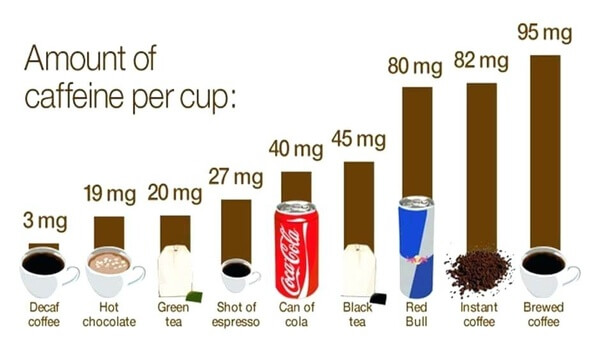
Caffeine is a fabric that people regard as a psychoactive refresher even if you’ve been in bed for a while. Caffeine has a molecular composition that allows it to prevent adenosine to reach receptors.
When adenosine binds to the receptors, it causes activity slow down, but if caffeine binds to the receptors and blocks adenosine, it will do the opposite and speed up activity, making a person feel awake.
When one receptor is blocked, the brain will create another. And this may cause a continuous urge to drink more coffee. It will also influence our decaffeinated performance.
Matthew Walker, wrote a book, and confirms that caffeine has an effect on your sleep in various ways. Being a refresher, it may cause a person problems falling asleep at the wrong time or waking up from your sleep when it should not.
Caffeine reacts for longer than we expect. Of course, it partially reacts six hours later, but we don’t notice that one-quarter of the caffeine effects remains in the body 12 hours after consumption. This implies that when you consume one cup of coffee in the afternoon, it’s almost equivalent to drinking one-quarter of a cup in the middle of the night ahead of bedtime. And many people have sleep cycle issues without understanding the caffeine under lying issues.
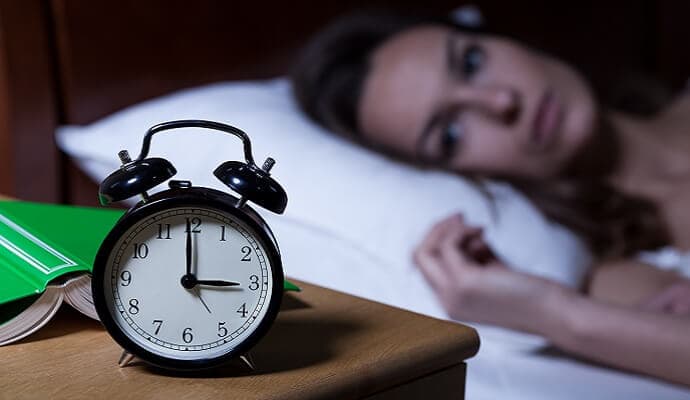
While Caffeine may not affect some people falling asleep or waking up from their sleep patterns, others may have these issues. Each cup contains around 200 mg of caffeine. A cup will cause a reducing in sleep time by 20% more or less based on the time of day the cup was consumed.
One of the main questions is how can we enjoy drinking coffee without affecting our sleep? And some expert suggestions include:
- Avoid drinking coffee that contains sugar.
- Don’t consume caffeine once it’s past 2pm.
- Use quality, organic coffee.
- Use organic non-milk creamers
- Don’t go beyond the suggested quantity of caffeine. Health Canada recommends up to four cups of caffeine maximum per adult.
How Does Coffee Affect Sleep?
Caffeine can make you stay active. It helps you remove the deficiencies that are attached to lack of sufficient sleep.
When your caffeine consumption is normal and consumed early in the day, most coffee drinkers will have no issue with sleep patterns. Your natural sleep patterns will not be affected.
Caffeine can let you sleep normally, but there are factors that affect how it works.
Normal Sleep Cycles outside Coffee Consumption
Studies also shows that an adult requires to sleep for 7-8 hours without interruption. This 7-8 hours’ time range is broken down in five stages. The first stage starts with pre-sleep without the Rapid Eye Movement (REM) task. The second stage is light sleep with no REM task. Third stage represents slow wave sleep without REM activities. Fourth stage is a reciprocal to the light sleep of the second stage, while in the fifth stage; you get to REP sleep and dreaming.
Each stage can last up to one hour and 30 minutes. Research shows that lack of REM sleep can affect our health in the long-run.
The amount of caffeine absorbed in the day, and the amount present at bedtime, can have a great impact on the body’s ability to attain deep sleep levels.
The consumption of coffee has got to do with the body’s ability to stay asleep. This reaction can drive the coffee drinker into a harsh cycle based on studies, where excessive coffee drinking can result in daytime sleepiness due to lack of nighttime sleep. Many coffee drinkers believe these are problems that can only be solved with more coffee drinking which obviously is not the solution.
What Factors Influence Caffeine Effect on Sleep?
There are factors that reduce the reaction of caffeine on the body’s ability to stay asleep. These can include Genetic variability, the regular intake of caffeine, the caffeine consumption time, and levels of personal sensitivity. Everyone has a different tolerance to each factor which will affect each person differently.
What Effect Does Caffeine Have on the Brain?
The reaction of caffeine occurs in 30 to 60 minutes after consumption. But again this timing is different for everybody based on tolerance level. Once digested, caffeine will be spread throughout the body.
If caffeine is consumed near bedtime, it disrupts the circadian melatonin rhythms. Late coffee consumption hinders the onset of sleep. Circadian rhythms are physiological cycles that operate round the clock. They are constantly checked day and night by the external patterns. The adenosine buildups are part of this activity, and the interference of caffeine with this activity may cause its influence on circadian rhythms.
How Long Does Caffeine Last?
The time it takes the body to process half of the caffeine consumed will determine the reactions of caffeine on the body. So, if you consume the half-life of a caffeinated beverage, you will be kept up at night.
One of the factors that speed up or slow down caffeine metabolism is Nicotine. It can retard the half-life of caffeine, so people who smoke are quicker to process through caffeine in less than two hours.
The metabolism of caffeine doesn’t occur fast in pregnant women or in those that are breastfeeding babies. So it is suggested that pregnant women and nursing mothers should reduce coffee intake to two cups of coffee a day (about sixteen ounces). This is because a trace of caffeine can get to the baby through the placenta.
A good amount of caffeine can also be passed to the breast milk. So if you’re breastfeeding a baby or during pregnancy, seek medical advice on what is the safe quantity of coffee consumption to ensure you keep yourself and your baby safe. Remember, it’s different for everyone.
How Can Caffeine Keep You Awake?
Caffeine prompts the nervous system, so it can lead to a blast of energy. If caffeine is consumed at night, it can cause more havoc than good. But if you drink coffee early in the morning, it can keep you awake. Though caffeine can insignificantly increase performance, it’s not a replacement for a calm and peaceful night sleep.
The efficiency of caffeine is rated by the consumer’s dose and state. The reactions of caffeine can benefit someone who is tired and restless. But if you are in a hyper and energetic state, caffeine can cause you restlessness and anxiety.
Can Caffeine Lead to Insomnia?
The benefits of caffeine are for a short time. An excessive use can increase the symptoms of insomnia. If you consume caffeine just to stay awake at night, you can start to experience lack of good sleep, frequent nighttime wake-ups, and anxiety.
The Obstructive Sleep Apnea association wasn’t found with tea or coffee but with caffeinated sodas. The feature of the association is to link sodas from caffeine to the improved strength of sleep-chaotic breathing.
If you have issues with sleepiness during the day, then check your caffeine consumption, especially from sodas. Those who are suffering from sleep-chaotic breathing may not be aware of their sleep disorder. They assign increased sleepiness to some other factors.
Can Caffeine Make You Sleepy?
The consumption of caffeine can cause sleep distress. And sleep distress causes increased sleepiness the next day. So, you will start to get the urge to consume more caffeine to manage the sleepiness during the day.
When you abstain from caffeine, you will start to experience sleepiness. This is exactly why frequent caffeine consumers could feel too sleepy early in the morning when they had stayed all night without consuming caffeine.
What’s the Right Amount of Caffeine to Consume?
The safety or danger of drinking caffeine depends on the dose. In order to avoid the risk, make sure you know the right consumption level for you. The FDA strictly recommends a daily maximum consumption of 4 to 5 cups of coffee, or 400gm of caffeine per day.
A standard cup of coffee contains caffeine content of about 470 mg, which is quite more than the Food and Drug Administration’s daily recommended content. It’s necessary to study what you’re drinking and the correct size of your cup to know how much is safe for you and how much is too much.
What’s the safe time to Drink Caffeine before Bedtime?
It’s recommended to take caffeine at least 6 hours before bedtime. If you planned to go to bed at 9pm, then forget caffeine anytime after 3pm for the day. Then you will never have problems sleeping.
If you feel you should increase the time, just study the time you consume caffeine and how you sleep the next night. You may discover that a longer caffeine abstinence period before bedtime may enhance your sleep quality.
How Can You Know if Caffeine Has Affected Your Sleep?
Are you experiencing anxiety, headaches, or insomnia during the day? This might be as a result of caffeine dependence and overdose. If you are struggling with nighttime anxiety, lack of quality sleep, and frequent awakenings, then these could be caffeine symptoms.
You will know if you should cut down on coffee to increase rest. If you’re too sleepy during the day, and you aren’t getting help from caffeine, then you may need to catch up on some rest.
What are the Good Ways to Improve Your Sleep?
Study how you consume caffeine before bed. You can also have healthy sleep by dieting. You need good sleep hygiene in order to have good sleep quality. This includes the routines and habits such as:
- Lifestyle: Do regular exercise, maintain decent caffeine consumption, moderate alcohol, and avoid smoking.
- Sleep environment: The environment has to be quiet and cool. This will help to put your brain at rest.
- Routine: Put away all inspiring activities. Turn off all electronics before bedtime. Have a regular bedtime.
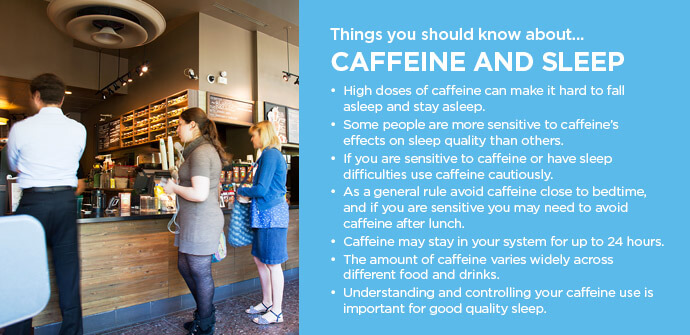
The Takeaway
It is difficult to tell how much coffee can affect your sleep, not until you have experienced it with drinking coffee very late at night, or high coffee consumption.
If you’re struggling with staying asleep or getting to sleep, then check your caffeine consumption. It could be responsible for those symptoms. Now, having said that coffee can have
healthy benefits with modest consumption.
If you have any comments, please leave them below, I’d love to hear from you. If you’re a coffee lover and a dog lover check these pet supplements.
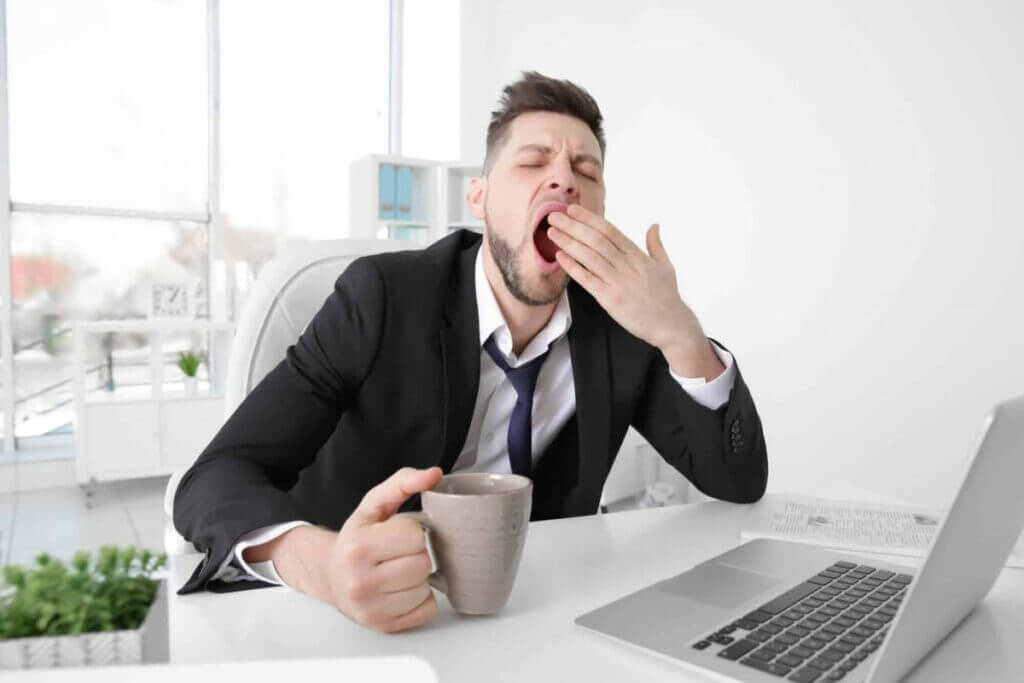
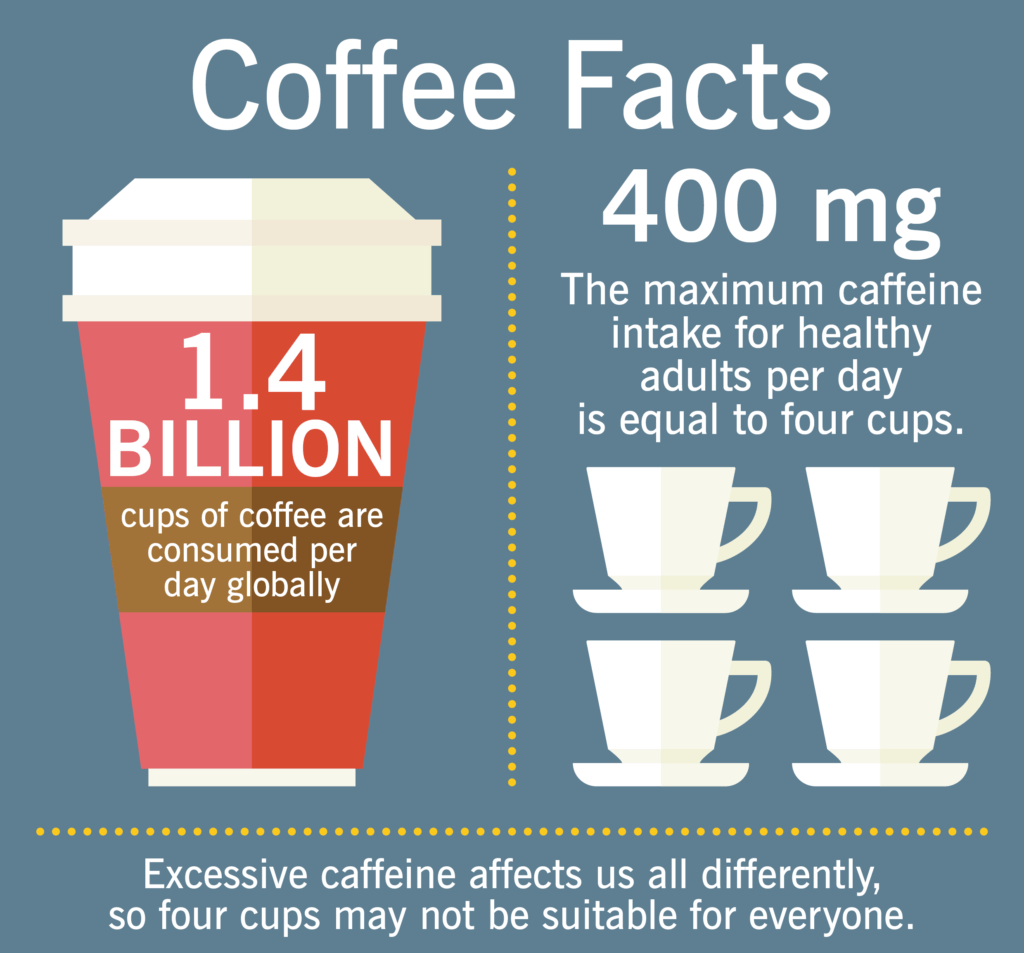
Hi Michael,
I enjoy drinking my coffee in the morning, and that is really the only time I drink it. I once made the mistake of drinking coffee in the evening, not too late, just after supper time around 6 pm, and it kept me up most of the night. I suffered the next day from a lack of sleep. Now when I need a hot beverage at night, I drink Decaf Green Tea.
Reply
Jenny, good comments. I was the same way, and stop drinking coffee past 1pm, so I can have good sleep patterns. Once in a while I will have some late decaf coffee which has less than 3% caffeine. Decaf tea is better at night.
Reply
Great article. I drank so much that it is actually affecting my sleep but I can’t do nothing about it because I am already addicted.
When I knew that it has started affecting me was when I started having less sleep and rest. so I went to the hospital and the doctor told me that I am having Insomnia. but still I can never stop taking it.
Reply
Emma, I appreciate your comments. I wrote a couple articles on the effects of caffeine on the human body. There are many coffee lovers addicted to this great beverage, but moderation is key. Maximum of 400 mg(2-4cups) can be consumed safely, and should not be consumed after 2 pm since it takes 7-9 hours to flush out of your system.
Michael
Reply